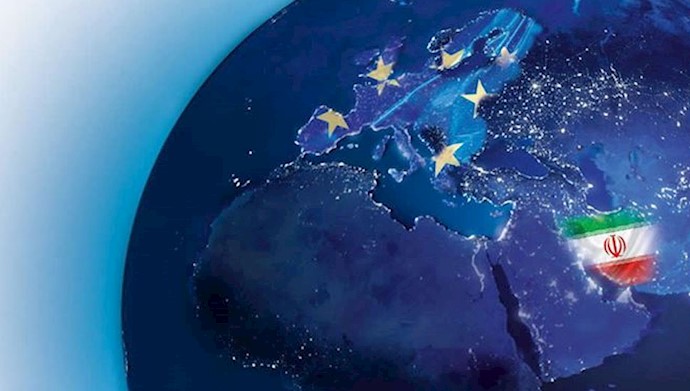Analysis by PMOI/MEK
March 7, 2019 – For the past two years, the Iranian regime has tried all sorts of maneuvers through its Majlis (parliament) and the Expediency Council to delay passing laws that would bring it in conformance with international anti-money laundering and terrorism financing rules.
Time for what? For adapting and adjusting its clandestine connections and networks to minimize the limiting impacts on its financing of terrorist groups in the region.
Earlier this week, the Financial Action Task Force (FATF), the international body that oversees compliance with the rules in question, extended a previous February deadline and gave the Iranian regime until June to pass the necessary laws.
This should be great news for the Iranian regime, granting it an additional four months, right?
Wrong. Here’s why.
Why not an opportunity?
This is a four-month deadline with specific date set for the results. It is very different from the regime's previous time-killing and indefinite postponements. It is a kind of Sword of Damocles, hanging over the regime's head during the pending period requiring the regime to abide by all the frameworks and conditions set forth by FATF. If the regime does not accept the conditions by June 2019, it will be blacklisted automatically. The title of an article by the state-run "Keyhan" daily, which reflects Khamenei's views, makes it very clear: "A Four-Month Deadline for Iran to Surrender"
There are four bills required to satisfy FATF conditions, namely counter financing of terrorism Law, AML (anti-money laundering), amendment to join CFT (counter financing for terrorism), and Convention against Transnational Organized Crime.
The regime’s Guardian Council, the body that vets legislation against the regime’s so-called Islamic principles, has not yet approved the last two, which is indicative of a decision-making crisis within the regime.
Marshall Billingslea, U.S. assistant Treasury Secretary for terrorist financing and the current chair of FATF, made the toughening conditions very clear. He said Iran does not pass the measures before June, countermeasures will automatically kick in. “That is a significant indication from the FATF that time has expired, the action plan is overdue and we expect it to be implemented without delay,” Billingslea told journalists. FATF members worldwide would be required to step up supervision of Iranian bank branches on their territory, including on-site inspections, Billinglsea said.
Billingslea also laid seven very difficult conditions for the regime to comply to. Difficult to comply? One might ask why difficult if these are normal procedures for all member states. That is true. But one should remember that we are talking of a regime that in 2017, ranked first in the world for highest risk of money laundering, according to the global Basel Anti-Money Laundering (AML) Index.
What can be solved?
What If the regime finally gives up the cat-and-mouse game and really passes the four bills? Will there be any improvement in its status regarding the economic sanctions? No.
The FATF is not related to U.S. sanctions. The regime's non-compliance has a negative effect on its status, but it does not work the other way around.
Mostafa Mir-Salim, a former minister in various governments in the regime, said on February 22, 2019: "If Iran accepts FATF conventions, none of the problem relating to the sanctions is going to be solved. Evading sanctions will definitely be more difficult both in terms of acquiring our necessities, as well as providing support for the resistance front (the regime's term for its terrorist proxies).”





